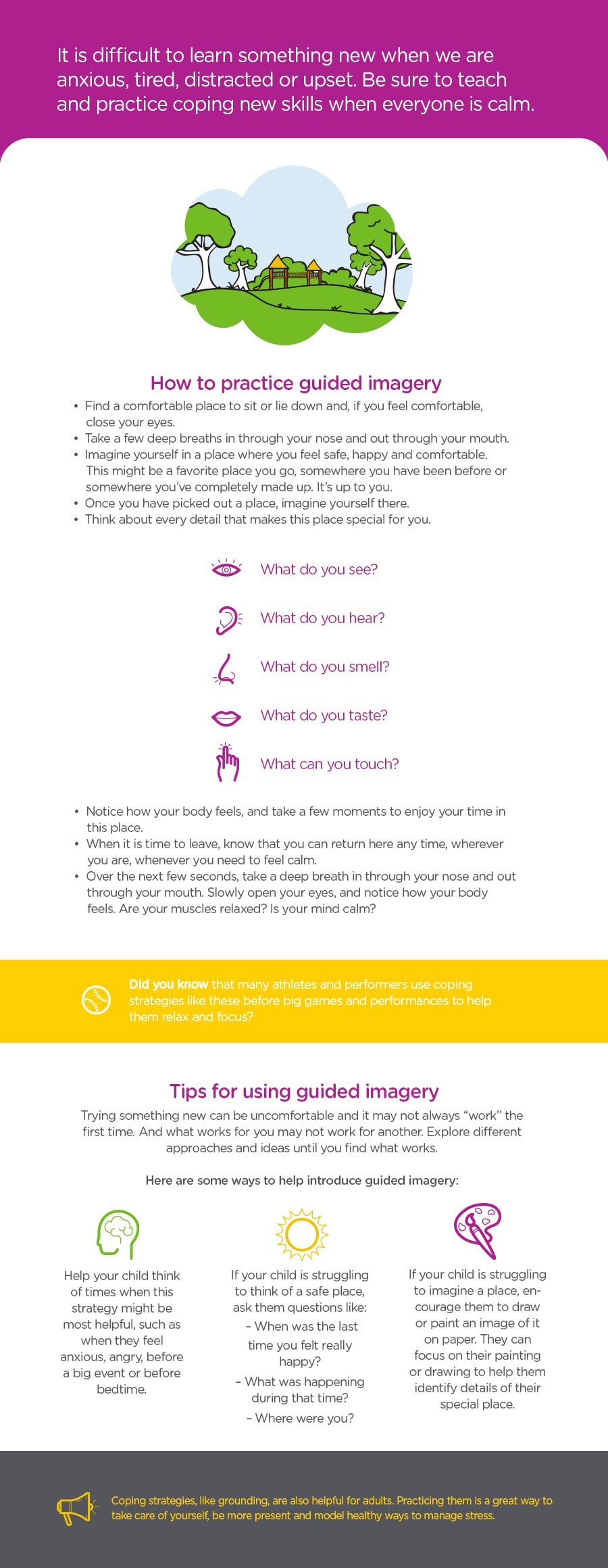The Science of Stress Management: Effective Techniques for a Calmer, Healthier You
@jorgebscomm for @empowervmedia*
Stress. It's a ubiquitous part of modern life, impacting our physical and mental well-being. From work deadlines to financial pressures, daily hassles can leave us feeling overwhelmed, anxious, and drained. But what if we told you there's a science to managing stress? This article delves into the science of stress, exploring its physiological effects and the evidence-based techniques you can utilize to cultivate greater calm and resilience. By understanding the body's response to stress and incorporating these practices into your life, you can effectively manage stress and create a healthier, happier you.
 |
| There's a science to managing stress. (📷 choosehelp) |
The Stress Response: Fight or Flight
When faced with a perceived threat, our bodies undergo a complex physiological response known as the "fight-or-flight" reaction. This evolutionary adaptation is designed to help us deal with immediate danger. The sympathetic nervous system releases hormones like adrenaline and cortisol, increasing our heart rate, respiration, and blood sugar levels, preparing us to either confront the threat or flee.
While helpful in the short term, chronic stress activation can have detrimental effects. Elevated cortisol levels over time can weaken the immune system, increase inflammation, and contribute to health problems like high blood pressure, heart disease, and anxiety disorders.
The Science of Calming Your Mind and Body
Fortunately, research has identified various techniques that can disrupt the stress response and promote relaxation. Here are some powerful tools supported by science:
• Mindfulness and Meditation: Mindfulness practices like meditation train your attention to focus on the present moment without judgment. Studies show mindfulness can reduce stress hormones, improve emotional regulation, and enhance overall well-being.
• Deep Breathing: Taking slow, deep breaths activates the parasympathetic nervous system, counteracting the "fight-or-flight" response. Deep breathing exercises can significantly reduce stress and anxiety in the moment.
• Physical Activity: Exercise is a potent stress reliever. Engaging in regular physical activity releases endorphins, natural mood-lifters that elevate positive emotions and reduce stress hormones.
• Social Connection: Humans are social creatures, and strong connections with loved ones provide a sense of belonging and support. Spending quality time with friends and family can buffer the effects of stress.
• Relaxation Techniques: Practices like progressive muscle relaxation and guided imagery can effectively reduce muscle tension and promote feelings of calm. These techniques provide your body and mind with a safe space to unwind.
• Cognitive Behavioural Therapy (CBT): CBT is a form of therapy that teaches individuals to identify and challenge negative thought patterns that contribute to stress. By restructuring these thoughts, CBT can effectively manage stress and anxiety.
 |
| (📷 strong4life) |
Optimizing Your Stress Management Strategy
The key to managing stress effectively lies in developing a personalised approach. Here's how to tailor your stress management strategy:
• Identify Your Stressors: Pay attention to what triggers your stress response. Is it work deadlines, financial strain, or relationship conflicts? Identifying your stressors is the first step towards managing them.
• Experiment and Find What Works: Different techniques may work better for different people. Try out various approaches like meditation, exercise, or journaling, and see what helps you feel calmer and more centred.
• Build a Stress Management Routine: Integrate stress management practices like mindfulness exercises or deep breathing into your daily routine. Consistency is key to reaping the long-term benefits.
• Seek Support: Don't be afraid to seek help from friends, family, or a therapist if you feel overwhelmed by stress. Talking to someone you trust can provide emotional support and offer new perspectives.
Building Resilience
Stress management isn't just about coping with challenges. It's also about building resilience – the ability to bounce back from setbacks and adapt to difficult circumstances. Here are some ways to cultivate resilience:
• Develop a Positive Mindset: Maintaining a positive outlook can significantly enhance your ability to cope with stress. Focus on gratitude and practice reframing negative thoughts into more optimistic ones.
• Develop Coping Mechanisms: Learn healthy coping mechanisms to deal with stress in a constructive way. Avoid unhealthy coping mechanisms such as tobacco, alcohol or social isolation.
• Prioritise Self-Care: Taking care of yourself physically and emotionally is crucial for building resilience. Make sure you're getting enough sleep, eating a healthy diet, and engaging in activities you enjoy.
 |
| The key to managing stress effectively lies in developing a personalised approach. (📷 wallpapercave) |
Stress is an inevitable part of life, but it doesn't have to control you. By understanding the science of stress and incorporating evidence-based techniques into your life, you can effectively manage stress, build resilience, and create a calmer, healthier you. Remember, stress management is a journey. Be patient with yourself, celebrate your progress, and prioritise seeking professional help if chronic stress significantly impacts your daily life or well-being.
*AI assisted
Disclaimer: This information is for educational purposes only and should not be interpreted as medical advice.


